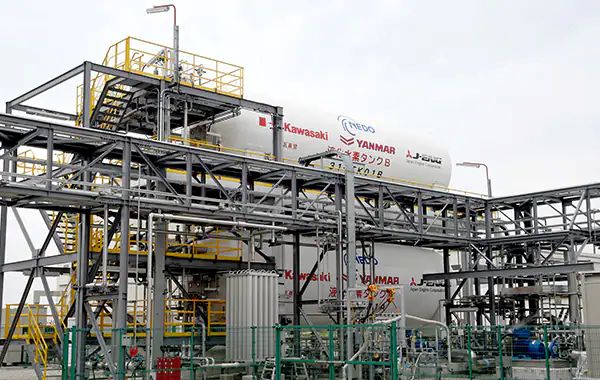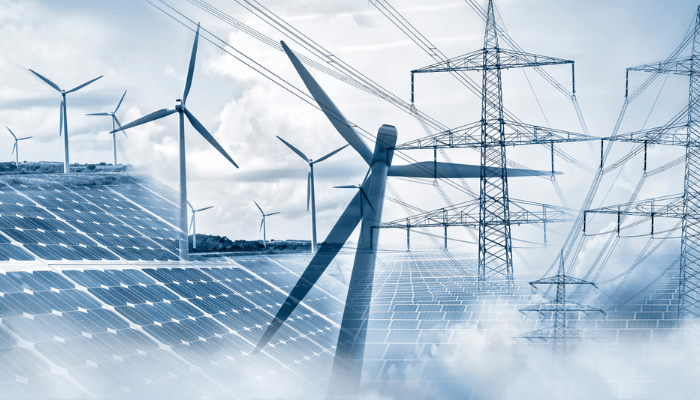Copyright offshore-energy

A Japanese consortium gathering Kawasaki Heavy Industries (KHI), Yanmar Power Solutions, and Japan Engine Corporation has demonstrated land-based operation of a marine hydrogen-powered engine. Described as the world’s first, the operation was conducted at Japan Engine’s headquarters factory, where a newly installed liquefied hydrogen fuel supply system was utilized. The milestone demonstration is part of the trio’s project launched in 2021 under the Green Innovation Fund Projects / “Next-Generation Ship Development” of the New Energy and Industrial Technology Development Organization (NEDO). The consortium has now shared the project results under the “Development of Marine Hydrogen Engine and MHFS”. As explained, Kawasaki Heavy Industries manufactured the new liquefied hydrogen fuel supply system, which stores and gasifies liquid hydrogen, supplying it at both high and low pressure to engines developed by the three companies. This enables testing across a range of applications, including low-speed two-stroke main propulsion engines, four-stroke auxiliary engines, and four-stroke main generator engines for electric propulsion ships. Kawasaki Heavy Industries and Yanmar Power Solutions demonstrated hydrogen combustion in medium-speed four-stroke engines, confirming stable operation at rated output, and plan to continue development to further refine engine performance. Meanwhile, Japan Engine is progressing with the development of a low-speed two-stroke hydrogen engine, scheduled to begin operation in spring 2026. According to the consortium, a shared feature of all three engines is the ability to “significantly reduce greenhouse gas emissions while maintaining redundancy through a dual-fuel system that can switch between hydrogen and diesel fuel as needed”. Following land-based demonstrations, the three companies plan to work with shipowners and shipyards to conduct onboard trials and move toward the practical implementation.



